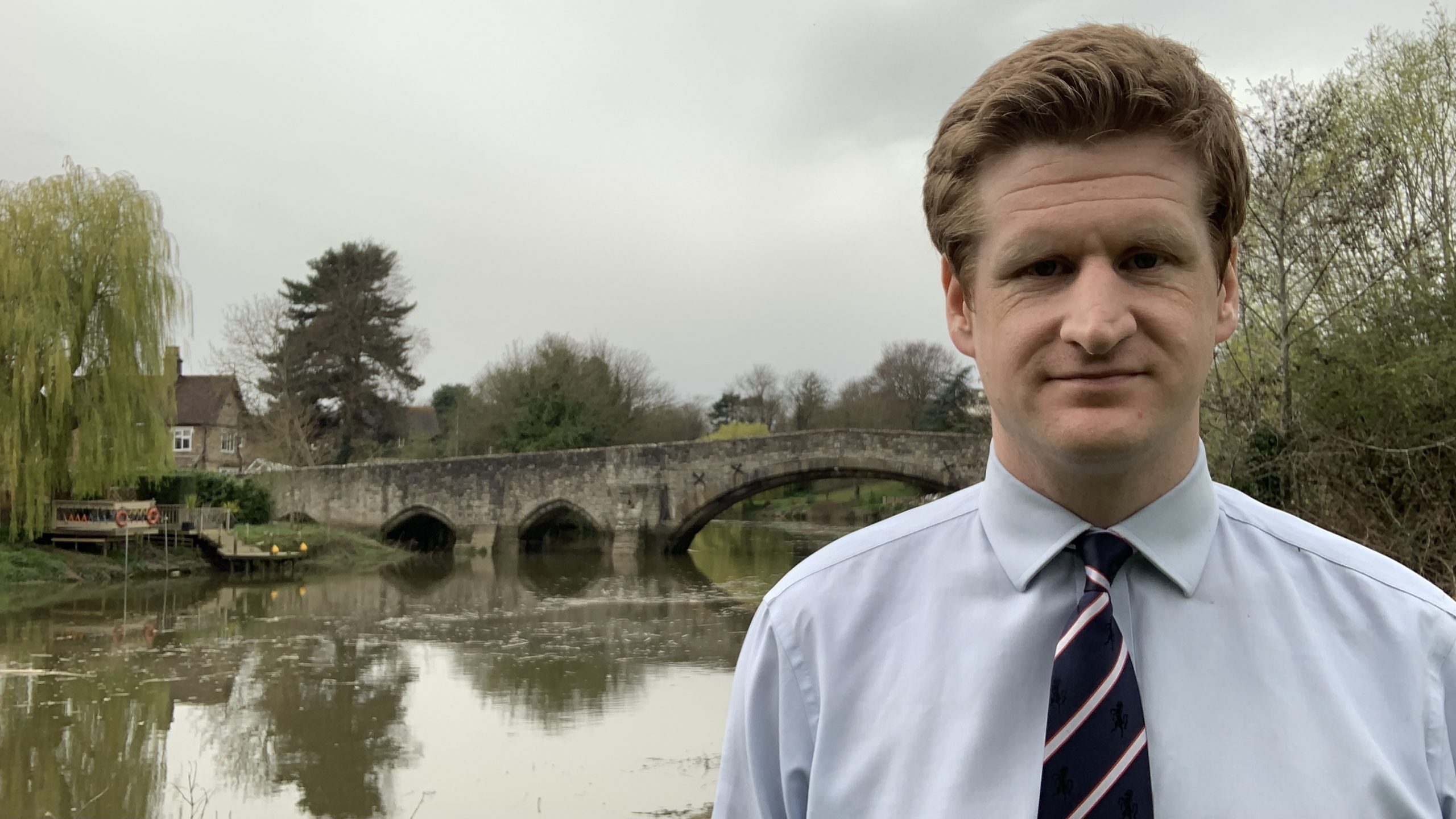The surge in demand for mental health services has been another consequence of the pandemic that the country faces.
Dr Adrian James, President of the Royal College of Psychiatrists described how “as a result of COVID we are now seeing an increase, particularly in some parts of the country, in people attending emergency departments and presenting to crisis mental health services.”
Earlier this year the NHS Confederation reports how mental health services had responded well to the outbreak. Their report ‘Preparing for the Rising Tide’ explains how “mental health emergency departments were quickly set up, 24/7 crisis phone lines were implemented across the country, and services replaced face-to-face appointments with phone and video appointments.”
As Association of Police and Crime Commissioners lead for mental health, I am extremely interested in understanding how mental health demand during the pandemic has impacted upon our police forces. As a result, I have initiated an inquiry with police forces to gather evidence on what the pandemic has meant for mental health demand on policing and what lessons can be learned.
According to evidence submitted to my inquiry, during the early stages of the pandemic and lockdown restrictions, half of police force respondents witnessed a drop in demand from people who would regularly contact them with regards to their mental health. As lockdown restrictions eased, a number of forces observed spikes in demand, some at unprecedented levels for that time of year. Furthermore, several forces shared concerns for an increase in calls from people experiencing mental health problems who had no previous contact ever before.
I firmly believe that agencies must work together to understand the impacts of these initial findings – mapping how, where or if the repeat callers were seeking support instead. A lot of focus was put on domestic abuse and contact from victims. A multiagency approach could yield valuable feedback.
In terms of solutions, ideas such as video appointments and mental health emergency departments have been delivered or expedited as a solution to the pandemic in policing and health services. Many have talked about these ideas for some time – so let’s see the required long-term investment and embed these solutions on a permanent basis.
As is often said, you can go into a hospital with a broken leg and be treated the same day, yet with mental health it can take months for people to get the care they desperately need. Why not speed up assessments and use video routinely to reduce the time the police spend dealing with cases involving mental health and ensure vulnerable people are receiving the necessary support as quickly as possible? We can end the frustration of delays at section 136 suites with such facilities and quicker assessments.
We are also missing opportunities to support people with their mental health. New helplines and text services are fantastic and are giving people who may not have sought help before more options. Community services and charities are helping avoid police call outs.
But are we missing opportunities to promote these more? In the first three days of its launch, ten million people downloaded the NHS Track and Trace app. Should there not be a link to a mental health guide, which would reach millions with very little effort?
Post-pandemic, there is a chance to close the gap between physical and mental health. People are regularly invited to screenings, as well as NHS Health Checks for physical conditions every five years between the ages of 40–74. With the correct long-term investment in capacity, recruitment and training, why not offer the same for people who want to talk about their mental health and have a check-up?
Eat Out to Help Out provided a much-needed boost to the hospitality sector as we came out of the first pandemic. A similar boost to people’s mental health and wellbeing is available as many leisure facilities are offering memberships without joining fees. Is there scope for the government to support such approaches and provide a boost to both people’s well-being and the leisure sector by introducing a similar scheme?
Partnerships with companies that provide pay-as-you-go gym apps could provide free or discounted passes for the first month after the “Tier” structure ends, simply and quickly, for gyms, pools and classes. A taster may encourage more people to get active.
So much has changed and improved over the last ten years, yet we still see vulnerable people suffering with ill mental health come to the attention of the police. I feel passionately that we can all do so much more to improve the nation’s mental health and get people the support they deserve. The forthcoming Mental Health Act White paper is an opportunity to get this right.


